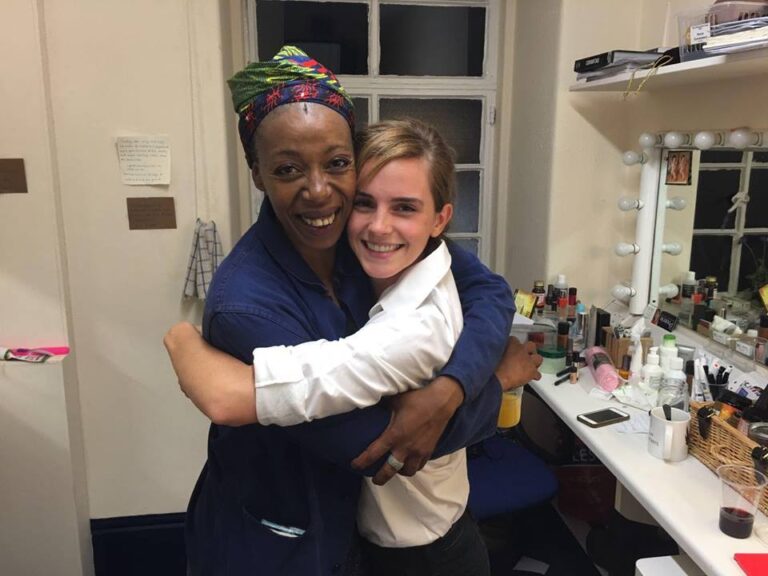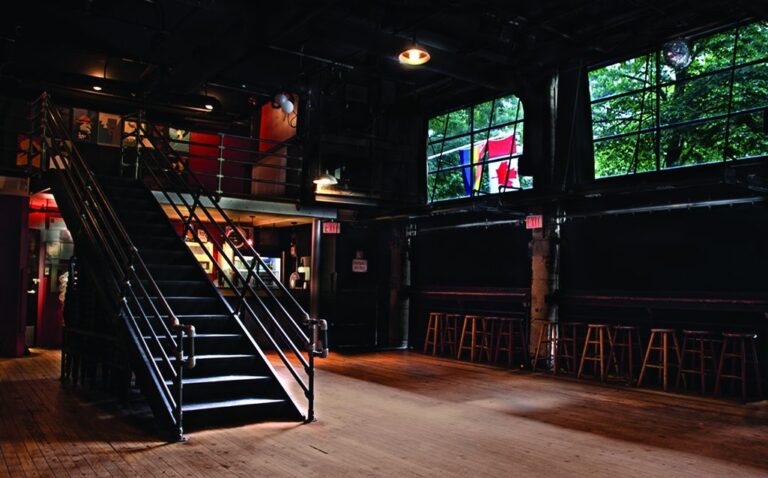The Flip Side: Creative Minds
Post-show Q&As are a treat; it’s always interesting to listen to creative minds expand upon their processes. Just over a year ago I attended a performance of The Royal Court Theatre’s production of The Nether. By happenstance I chose the evening the play’s set designer was giving a post-show Q&A. Naturally, I was quite excited. But I didn’t realize just how fortuitous it was I was there that random Tuesday until the curtain went up and I was drawn into a disturbing version of our future where people move between the Physical World and The Nether; a virtual reality extension of the internet.
The play itself was everything I had read it would be: thought-provoking, unsettling, heartbreaking, beautiful. But it was the set, a magnificent contrast between a cold police office in the Physical World and an enchanting, dream-like estate in The Nether that swept me wholly and completely into the story. The woman who created it is named Es Devlin. Though I hadn’t heard of her before that Tuesday, I knew before the curtain fell on the first act how privileged I was not only to be in the audience but to have the opportunity to listen to such a brilliant artist break down her process.
Two weeks ago the New Yorker published a profile on Ms. Devlin. I was thrilled for the opportunity to gain more insight into this woman, and it didn’t disappoint. It’s a great read about an astonishingly creative person and I’ve been pushing it on everyone I know. I’ve shared it with you below among my choices for the week.
Happy reading.
- Andrew O’Hagan on Es Devlin for the New Yorker.
- Another remarkable talent is Florian Zeller, whose name alone is so cool it pre-disposes him to greatness. He’s a playwright who’s achieved incredible success in his native France and in the UK. His play The Father opens on Broadway this spring. Here is the New York Times piece on his Broadway debut.
- Having a great career doesn’t necessarily mean achieving A-list status or winning awards. Cara Joy David’s article for the New York Times focuses on the great success that can come from being a member of the ensemble.
- It’s a simple fact that more women are needed at the helm of stage productions, and that more well-rounded roles are needed for women on stage. But the tides are slowly turning in the UK. Here are two articles that highlight this change and the steps being taken toward a more equal British theatre industry, one focused on theatre and the other on ballet.
- Each month renowned theatre critic Michael Feingold writes a two-part piece for TheaterMania. His latest piece discusses greatness within theatre. Here’s part one and part two.















Comments